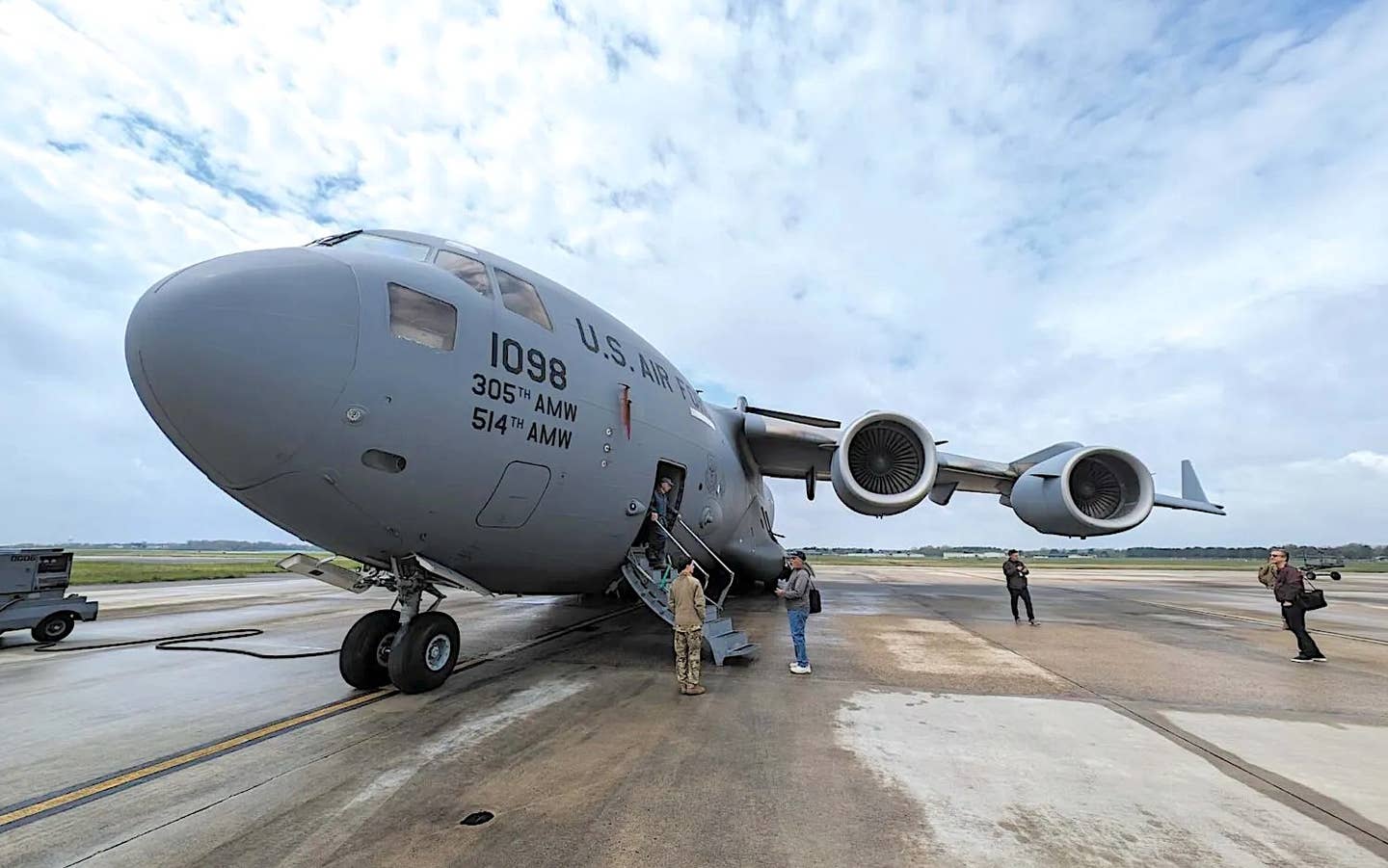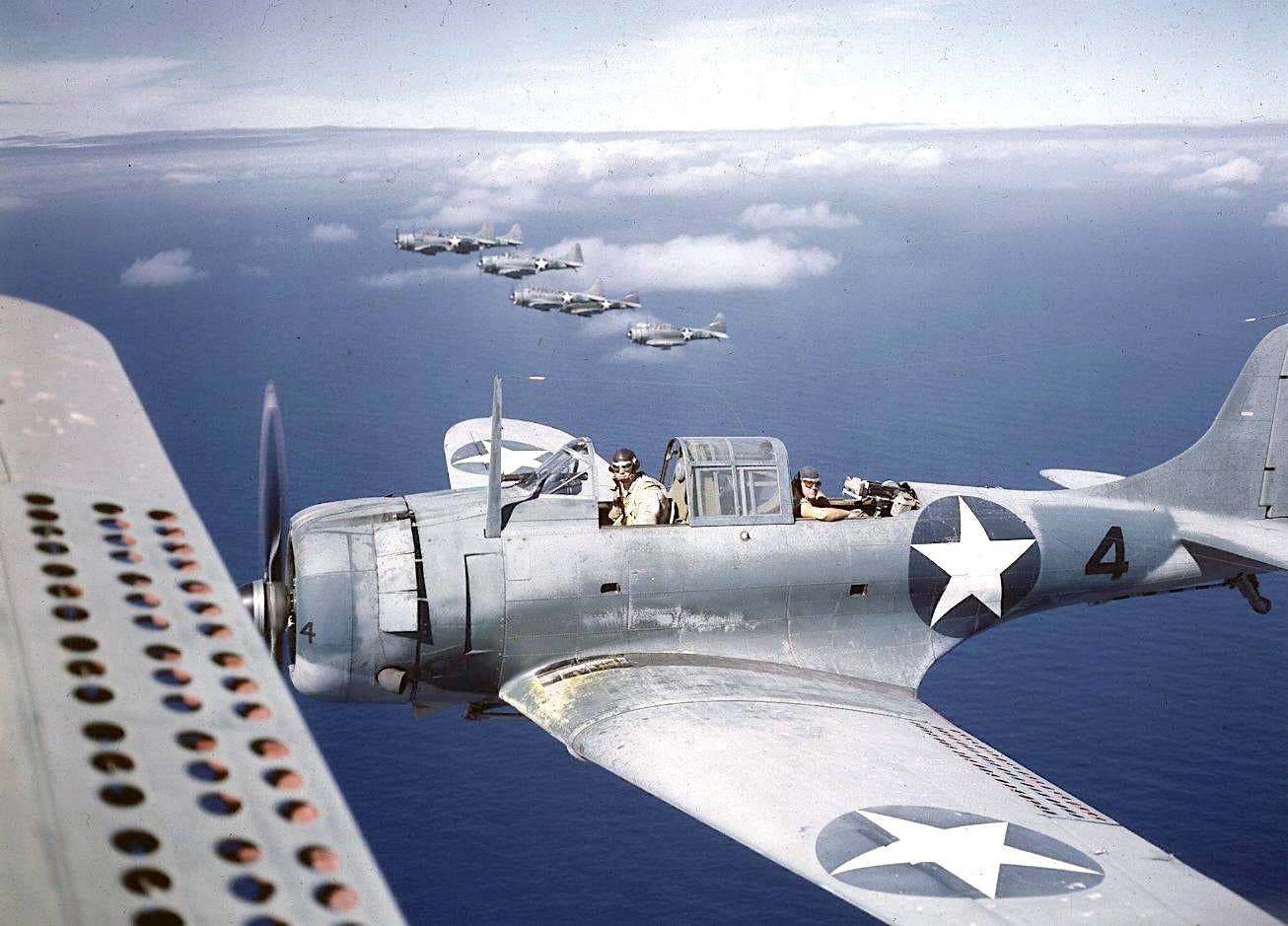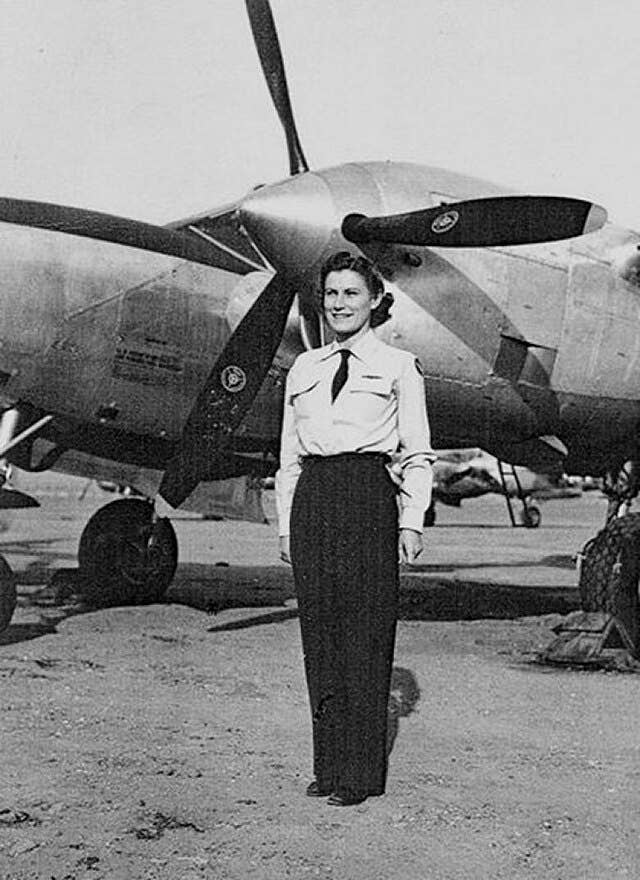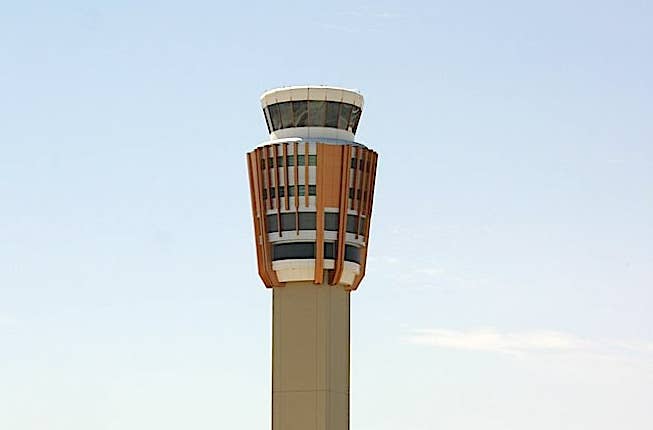AVmail: Nov. 14, 2005
Reader mail this week about the definition of General Aviation, the future of GA, fuel prices and more.
General Aviation Definition
A letter last week decried the broad definition of General Aviation (AVmail, Oct. 31).Any group larger than one will have compromises (ask any married couple). However, the larger and more unified the voice, the greater its strength. For example, I recently spoke to an official from the U.S. Forestry Service, and he said one of the big problems in getting trails made in the woods is that every trail user (hiker, biker, motorcyclist, horse-back rider, etc.) seeks their own agenda and complains about the others. As he put it, Congress hates being yelled at; they approve one trail construction, and all the other groups fight it. If all the trail-users hashed out their differences beforehand and presented a unified message, the desired trails would speed through Congress.The same is true of aircraft. There is enough similarity of interests between a Citation and Cirrus to warrant a single, unified, big voice in Congress to protect those interests. To allow the various sub-groups to start squabbling amongst themselves would break that unity. Our message would be a raucous noise and nothing would get done.We're already pretty fractious as it is. Look at all the "alphabet groups" that exist already: AOPA, EAA, NBAA, ALPA, USHGA, USPPA, USPA, SSA, etc.Furthermore, the assertion that AOPA is wasting resources on the DC-3 airports when most pilots have no desire to go there is selfish. The time to complain about airport restrictions is now, not when they finally get around to one's local field. By then it's too late. That's like complaining about the expense of a robbery investigation of someone else's home because they didn't rob mine.As Benjamin Franklin said, "We must all hang together, or assuredly we shall all hang separately." The ADIZ comment period has been extended; let's all 600,000 of us take the time to "hang together" and write!Kirk Wennerstrom
"Accessibility" For The Masses
One thing we have to do as in industry is make sure training costs are kept in check (NewsWire, Nov. 7). Looking at all the new technology we read about every day in the trade press comes with a price. With a new C172 pushing $200,000, $4 per gallon fuel and increasing insurance rates, it's becoming tougher to put students in a sustainable training program without breaking the bank.Mark McCutcheon
Future of GA
I would agree with Raburn and Klapmeier about the automobile being the competitor of GA (NewsWire, Nov. 7), not the airlines, if GA had continued to grow after the airlines were deregulated. Why would anyone want to go through the cost of learning to fly, staying current, and paying for a share of an airplane, when for a portion of the cost he can take his whole family to most places in the country?I help manage a large flying club, and have been in aviation since 1978.I talk with a lot of folks about learning to fly, or staying with it. Cost is the biggest factor.Dennis English
Fuel Costs at FBOs
I would like to respond to the note submitted by Isaac Silver regarding the increasing fuel costs (AVmail, Nov. 7).In my opinion, he is off the mark including FBOs as part of the avgas pricing problem. They work on narrow margins and have to price their existing inventory on replacement costs or go out of business. Conversely, when the market drops, they have to price from their inventory costs to capture their expenses on the downside.Mr. Silver states that it cost him as much to operate a Cub now as it did a 172 two years ago. The FBOs are affected the same as he is and must pass along the prices to stay in business.Jeff Moody
ATC, Who Should Pay
Hmm ... I have a great idea: How about we let the users of the system pay for it (NewsWire, Nov. 10)? Hmm ... Who might the users be? All of us, every last person in the U.S. is an end-user of the NAS [National Airspace System]. So, how about we bring the fight back to the government and our officials? The roads we drive on are funded on the government level, so why shouldn't the airways we fly in?It is because of all the excess waste spending by our current administration that user fees and "funding of the NAS" is even an issue. The funding of the NAS should be provided by our taxes to the federal gov. The Aviation Trust Fund was never designed to hold the burden of the costs of operating the NAS. It was meant to help modernize and improve the system. Yet the FAA is dipping into it to pay for operations (because it wants to show the current president it can.)Then there is the talk of privatization. I really do not understand how that could even be seen as a viable option. The aviation community needs to band together and let our officials know that this is unacceptable. Go check out FlyUsSafe.com a grassroots effort by NATCA to get the attention of our elected officials. It all starts and ends with us. If we don't speak, we wont be heard and will be trampled on by the current administration.Rich Yao
Kudos
Just wished to share with you all that, as a party of one, I really appreciate your twice-weekly periodical. Though now out of the flying game because of age and coincidentally medical problems -- no more flight medical -- the interest about flying and aviation hasn't left and thanks to you all, I can kind of keep up with what is happening, though I don't necessarily like what is happening. It used to be great fun!Thank you again.David Llorente






